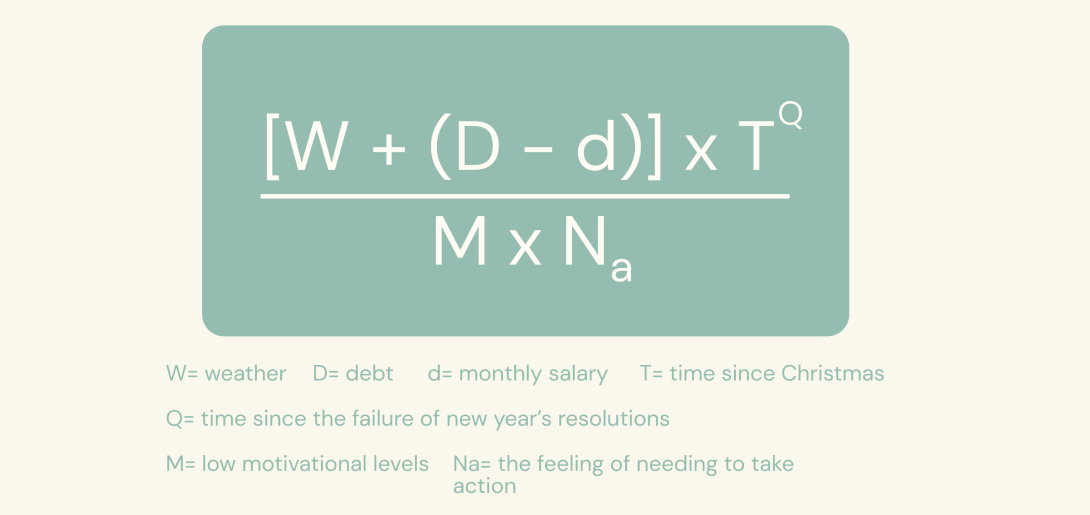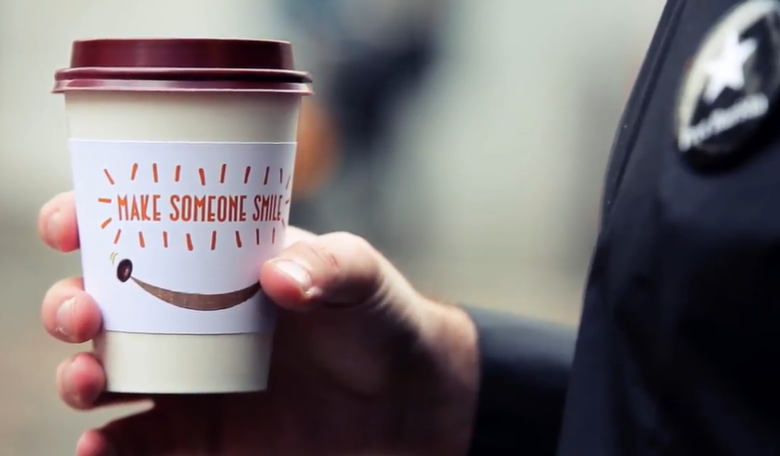Introduction
*updated 09/01/2025
If you’ve ever found yourself asking: What is Blue Monday? Where did it come from and what does it mean? You’re in the right place - we’ve got everything you need to know about this so-called ‘blue’ day right here.
Firstly, what is Blue Monday?
The term was coined by psychologist, Cliff Arnall, back in 2004, when travel company, Sky Travel, asked him for a ‘scientific formula’ for the January blues.
Why is it called Blue Monday?
The ‘formula’, which has been disputed over the years, takes into account many factors including post-holiday blues, bad weather, debt level, low motivation levels, and so on, to calculate this Monday as the most depressing of the year.

Despite originally being coined for marketing purposes to encourage people to book holidays, the term is now part of everyday vocabulary, particularly widely used across the Northern Hemisphere (due to the weather conditions, Blue Monday doesn’t apply to the Southern Hemisphere).
When is Blue Monday?
‘Blue Monday’ is a day which generally falls on the third Monday of the month in January.
Taking the day back
Blue Monday has been subject to mounting criticism over the years, with many stating that the term adds anxiety and pressure to an otherwise ordinary day.
In response, many brands have got creative with their campaigns and initiatives to turn the day around into something more positive. Here are a few examples of how some companies have taken the day back.
Brew Monday
The Samaritans take a different approach, challenging the meaning behind the day by renaming it #BrewMonday and encouraging people to use the day as a chance to check in with friends and family.
On their website, they say ‘At Samaritans we know there’s no such thing as ‘Blue Monday’ – we all have our good days and our bad days, and those aren’t for the calendar to decide’.
They’re back this year to try and knock #BlueMonday off the top spot!
Make Someone Smile initiative
Following in their footsteps are Pret A Manger, who have given out 120,000 free hot drinks to combat Blue Monday. They also created their Make Someone Smile initiative, which allows customers who are given special takeaway cup sleeves, to pass them onto a friend or stranger so that they can redeem a free drink.
Psychologist Dr George Fieldman said ‘Altruism or the act of doing something for somebody else at a cost to yourself has a fascinating effect on us. It can help us feel better about ourselves, and a simple act of kindness can create authentic feelings of joy’.

Ryanair’s Blue Monday
Known for its unconventional and perhaps chaotic marketing efforts, Ryanair’s take on the Blue Monday trend doesn't disappoint. Keeping true to their style, Ryanair shared a post with the frank caption “#BlueMonday is not a real thing- so we’re giving away a €100 Ryanair voucher to plan your summer getaway instead”.
Normalising conversations
Many organisations, Croud included, now use the day as a means to discuss wellbeing and mental health. Mental health charity, Mind, are big advocates for normalising these conversations. Starting #BlueAnyDay, they emphasise that mental health struggles such as depression aren’t a one day occurrence, and the ability to reach out and talk about wellbeing is important each day of the year, not just Blue Monday.
At Croud, we're taking the whole month back with our Joy4Jan initiative. Our internal Culture Club is filling the month with chances to connect with our teams over hot drinks and biscuits, step challenges and even a spot of puppy therapy with a visit from Paws in Work.
We’re also partnered with wellbeing provider, Wellness Cloud, who provide content and run many support sessions on Neurodiversity, getting proper sleep, burnout and much more.
So, from having a virtual cup of tea or yoga session with colleagues, to just checking in on friends and family - take back the day this blue Monday and continue to normalise the conversation around mental health and wellness!


